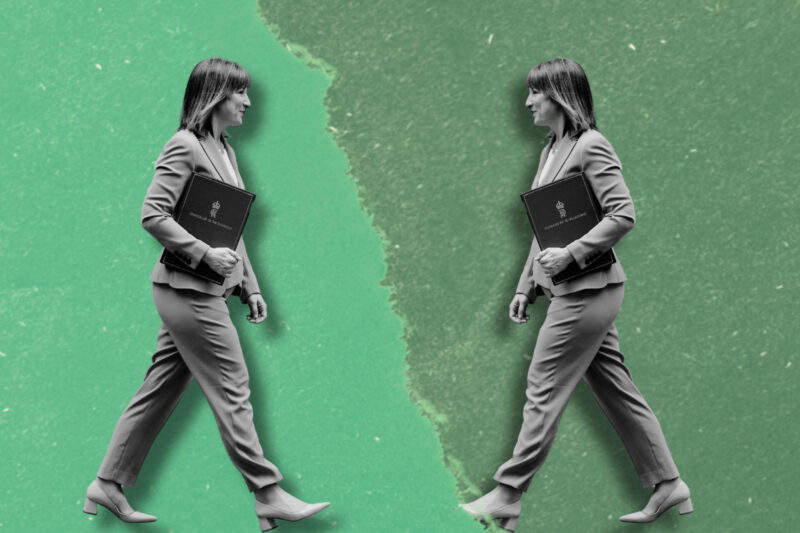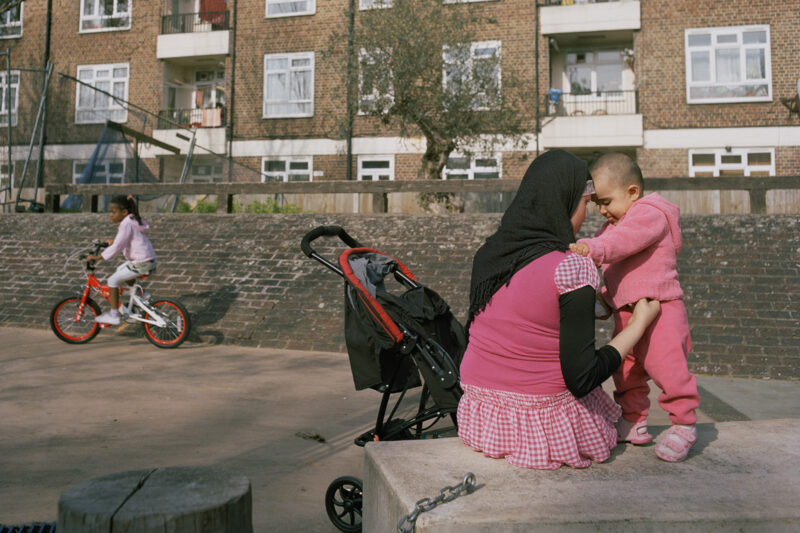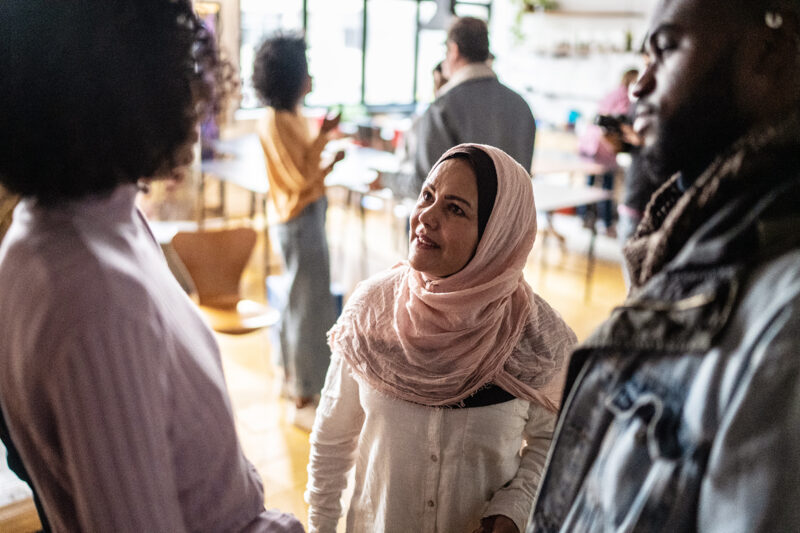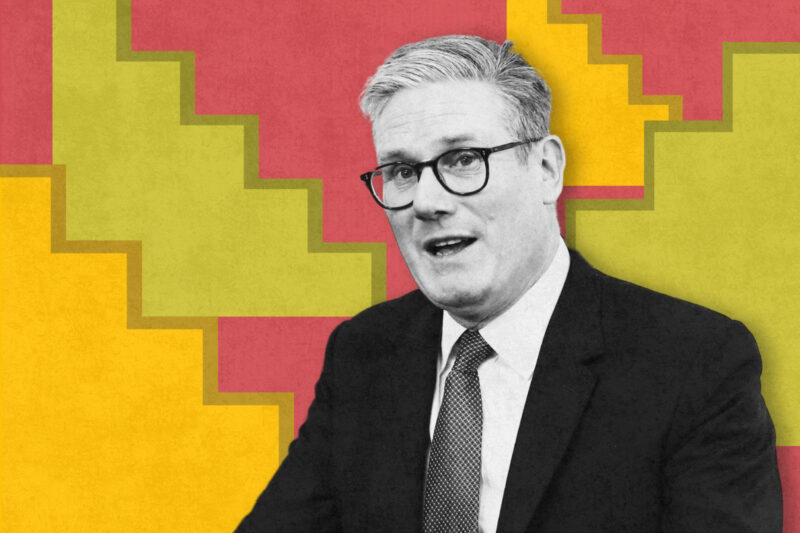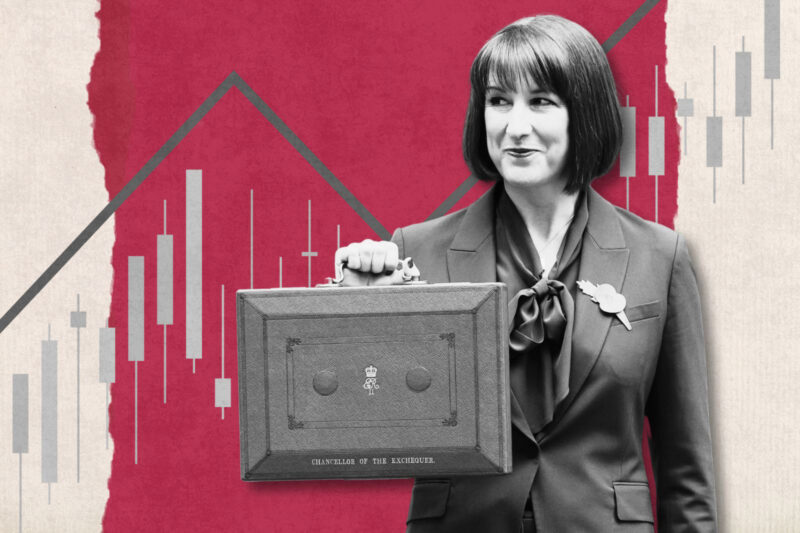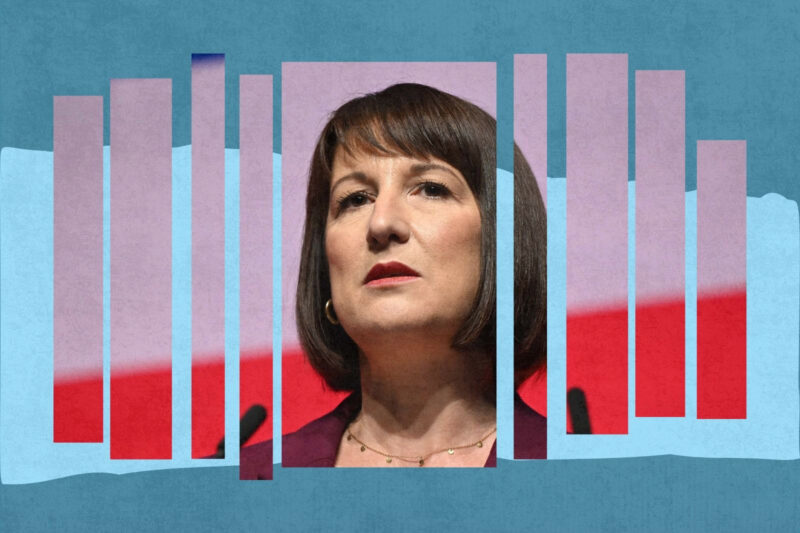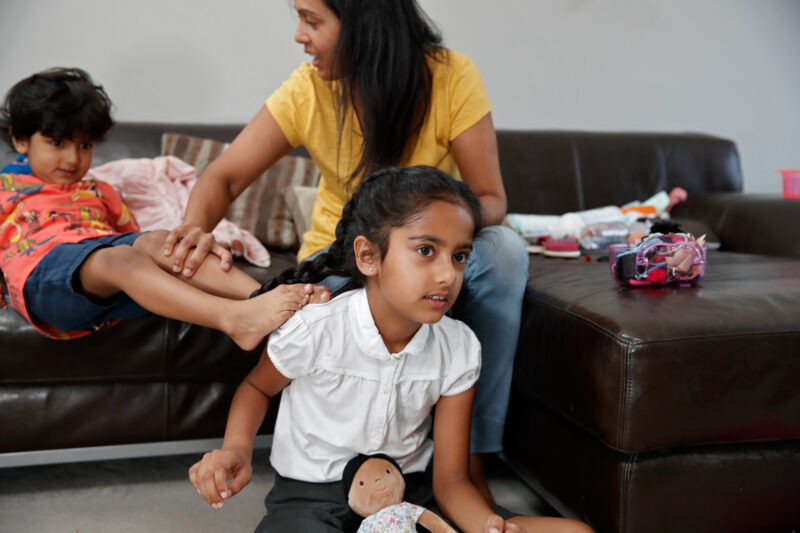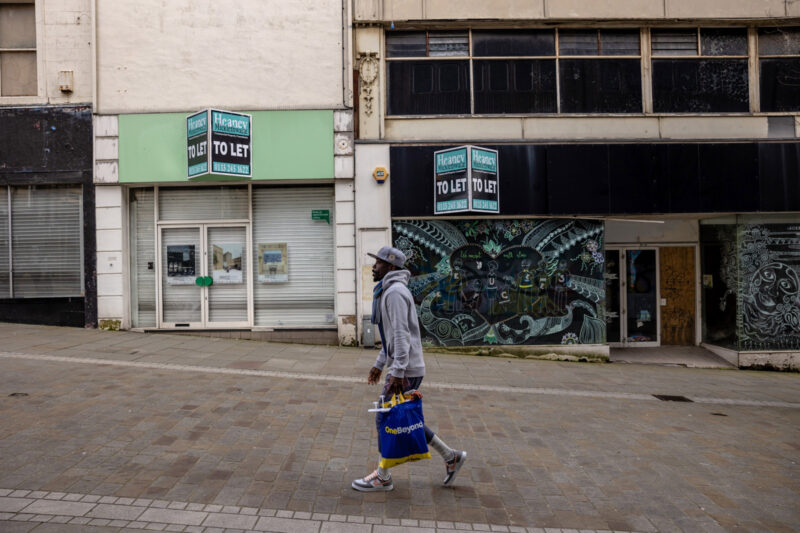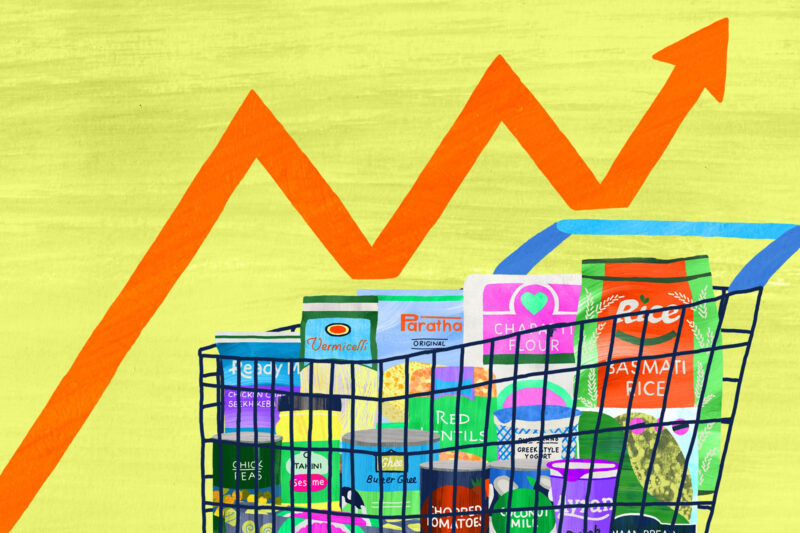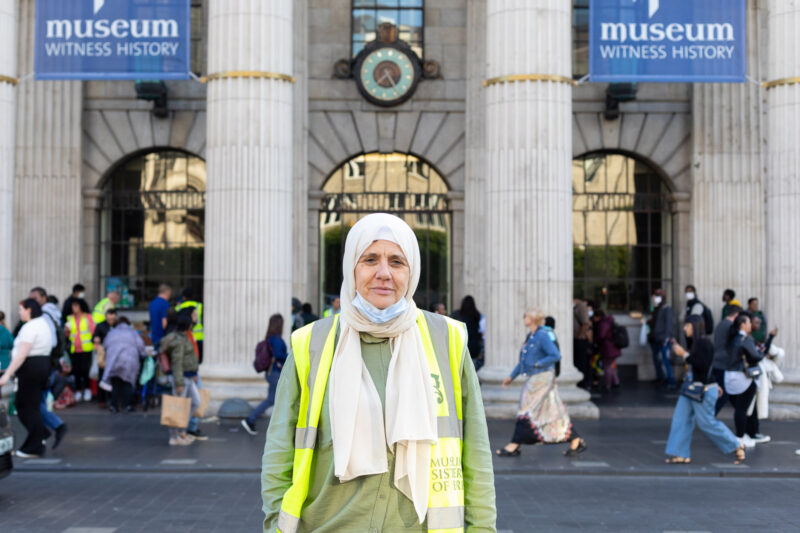How is the UK’s cost of living crisis affecting British Muslims?
Three finance and debt specialists talk about rising costs and how to budget in the months ahead
–
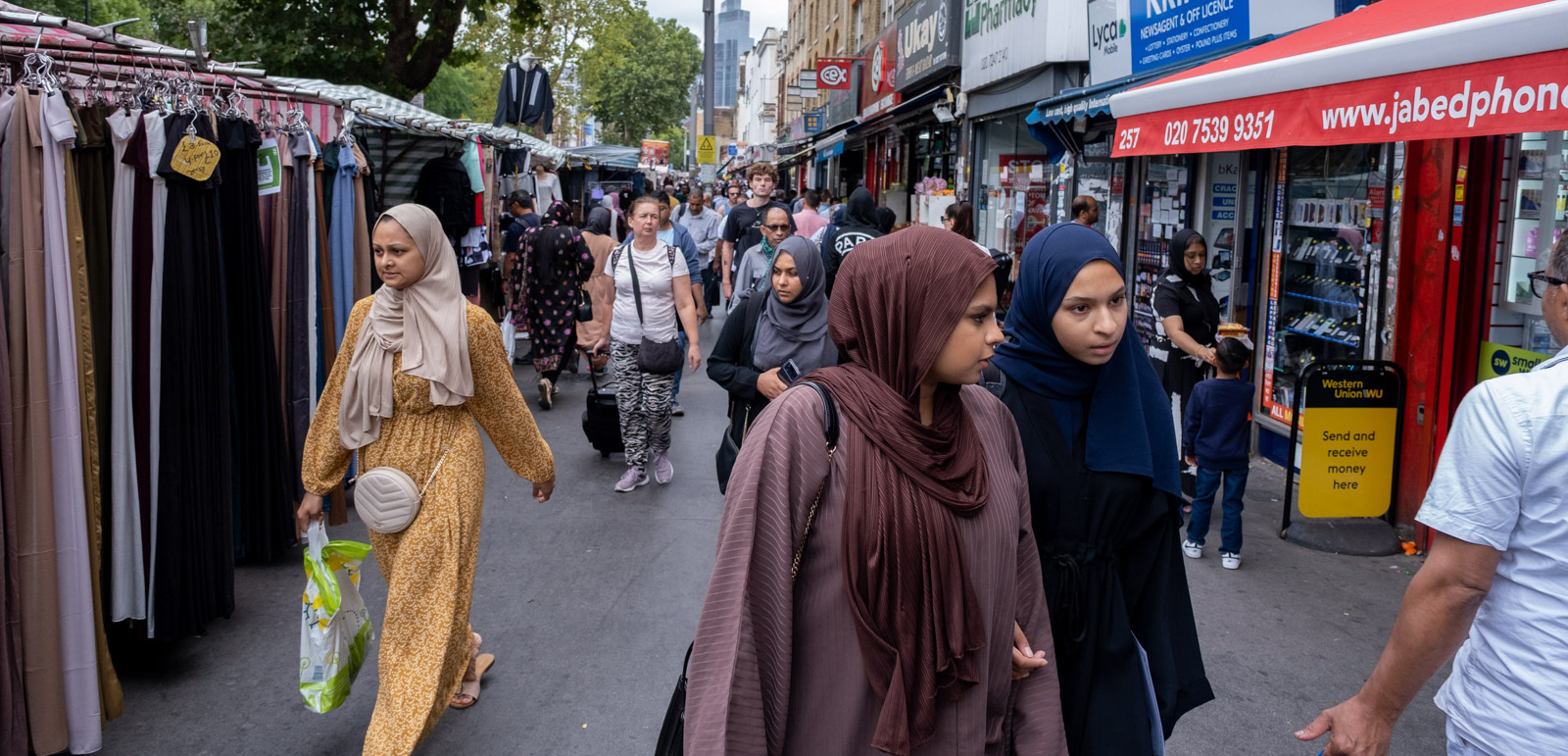
Families and individuals across the UK are feeling the effect of the worst cost of living crisis in decades. Energy and food prices have soared, and inflation has risen to 10%, leaving millions struggling to make ends meet. According to a Muslim Council of Britain analysis of government data from 2016, around 50% of Muslims in the UK — nearly 1.6 million people — already live in poverty. The National Zakat Foundation has also reported a 90% year-on-year increase in applications to its hardship relief fund.
Hyphen spoke to three finance and debt specialists to hear their views on how British Muslims might best protect themselves against price shocks. Shaista Mukadam is a senior lecturer at Birmingham City Business School, Alija Avdukic is an associate professor of Islamic economics and finance at the University of Dundee, and Ripon Ray is a senior manager at the consumer advice service Debt-Free London.
Responses have been edited for length and clarity.
Hyphen: What immediate steps do you think the new prime minister should take to lessen the financial burden on Muslims and other minority groups?
Shaista Mukadam: She can tax energy companies on their profits and get them to convert that money into reducing energy bills. The other measures she can take include ensuring that people below a certain point of income are given a one-off payment into their accounts, so they can use that towards food and energy to make sure that their children are fed and their houses are warm during the winter.
Ripon Ray: Muslim and minority communities are often in low-wage and precarious jobs. An energy price cap isn’t going to be enough. The government has to think about lifting the limit on local housing allowance and raising universal credit. Councils around the country are also increasing council tax or removing council tax support, so that is another concern for the people I see. The cost of living crisis isn’t just about energy. It’s about the cost of food and other basic items.
In what ways are British Muslims being hit by the cost of living crisis?
Alija Avdukic: Refugees who are coming from Asia or other countries, primarily Syria and Iraq, will struggle. Some of them don’t have a strong connection with the UK, know how the system works or how they can access money from the authorities.
Shaista Mukadam: I teach Islamic finance and, unfortunately, most people do not understand the effect the interest-based system has on our lives on a day-to-day basis and how it keeps the poor poorer. Muslims also have to realise that they have to become producers and not just consumers, so they need to start their own businesses.
Ripon Ray: Muslim communities are some of the most impoverished, in the most precarious housing and work. This also means we’re at more risk of having issues with the benefit system too. There needs to be a readjustment of the social security system, the labour market and the housing system.
Are there any unique aspects to how cost of living affects British Muslims? The rising cost of halal meat, for example?
Alija Avdukic: It’s not halal meat that’s the issue, but the driving costs, the factors that have influenced the increase in prices, including energy, petrol and oil. Most Muslim families are very vulnerable to those price shocks.
Shaista Mukadam: Most Muslims are immigrants and have family back home in India, Pakistan, Bangladesh or elsewhere. There is an implied expectation from family back home that you will help them financially. Many British Muslims will be sending money back home. I have a lot of Pakistani friends who feel guilty for living here and having luxuries at a time when their homeland has been hit by floods.
Mosques and other organisations such as Muslim-run food banks have stepped up to help both Muslims and non-Muslims. What more can Muslim civic and religious groups do?
Alija Avdukic: Religious authorities within the Muslim community are very influential and need to create awareness and understanding. I’m afraid that the most common discourse among the Muslim leadership, particularly the big mosques attracting large numbers of people, is very much black and white, halal and haram. Mosques could do things like creating networks of entrepreneurship to help employ people in the community who don’t have jobs.
Ripon Ray: When it comes to faith groups, there are limits to what they can do. Most are already linking up with community activities, encouraging solidarity, and providing things like food. Now, they have to think about how they sustain themselves through this crisis. Mosques have to pay rent and electricity, and have rising costs, too. All of these services rely on volunteers and on donations of time and money from the community itself, which will come under pressure.
Budgeting is going to be of paramount importance to both Muslims and non-Muslims as we head into winter. What budgeting advice would you give to people?
Shaista Mukadam: Make sure that you cover your needs first and, if you can, keep some money aside for a rainy day. For example, I know for sure that I have so much food in my cupboard that I haven’t used, so it’s time to pull out all of that and be a little prudent and only spend as much as we need. The same goes for electricity usage: make sure that you know your dishwasher and washing machine is being used prudently.
Ripon Ray: Most of the individuals myself and other advisers are seeing have a deficit budget. In that scenario, it is very difficult. However, I think now it’s more important than ever for families to have a conversation about budgeting, income and what could be changed. Ultimately, if you can’t afford to pay your bills, the best thing to do is to notify the creditor. The creditors may write off the debt. There are also schemes you can apply to that write off personal debt, so there are some avenues out there. In the end, however, it is going to be tough.
 Newsletter
Newsletter

